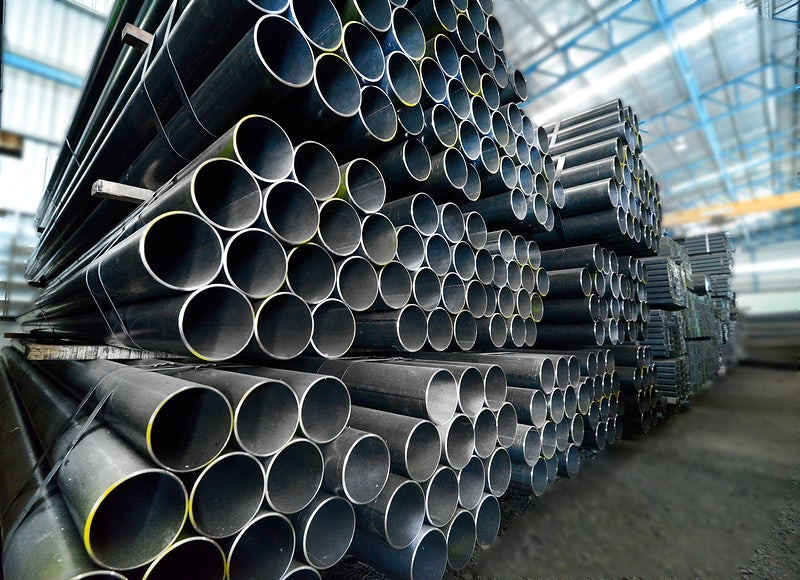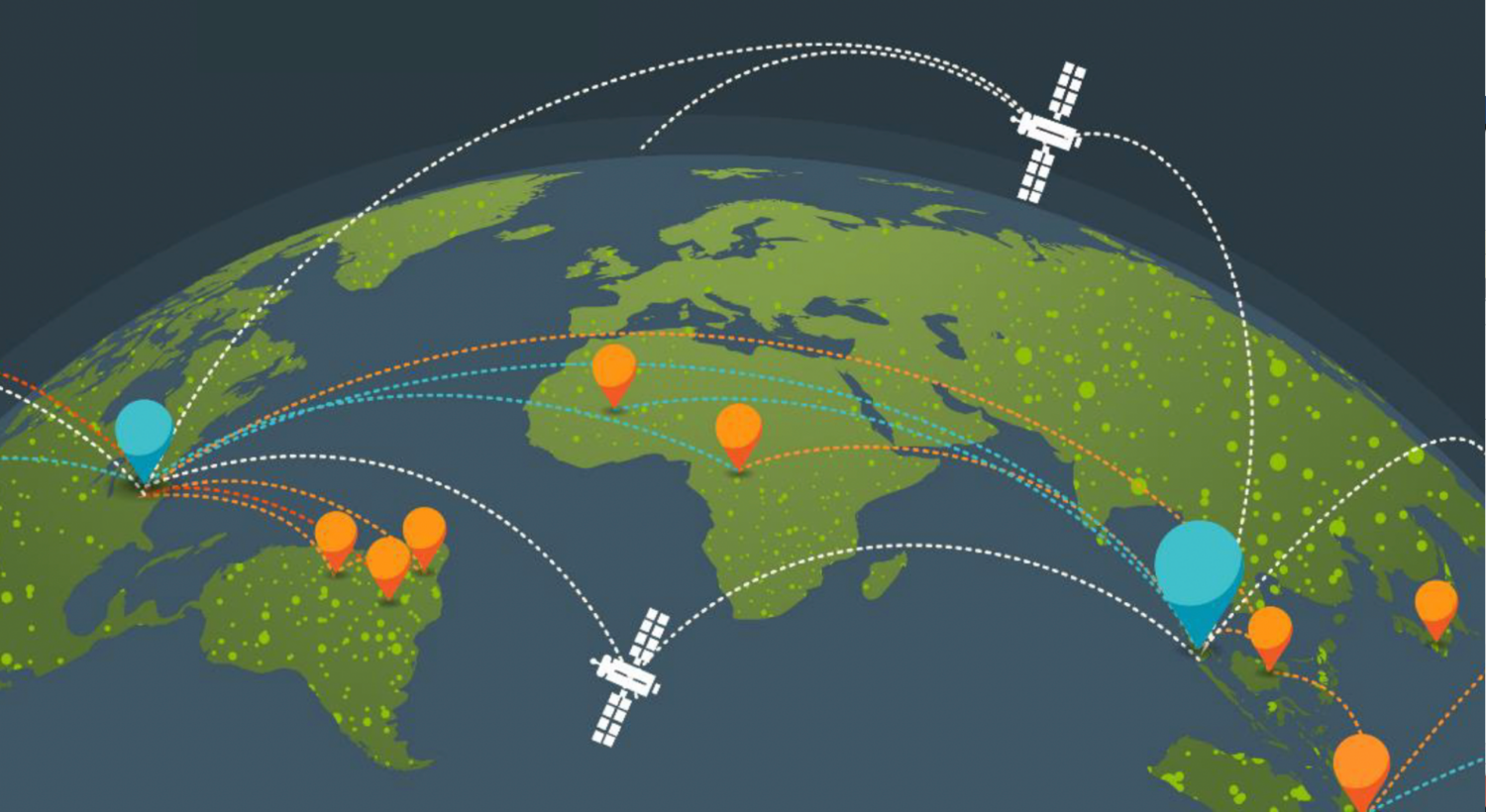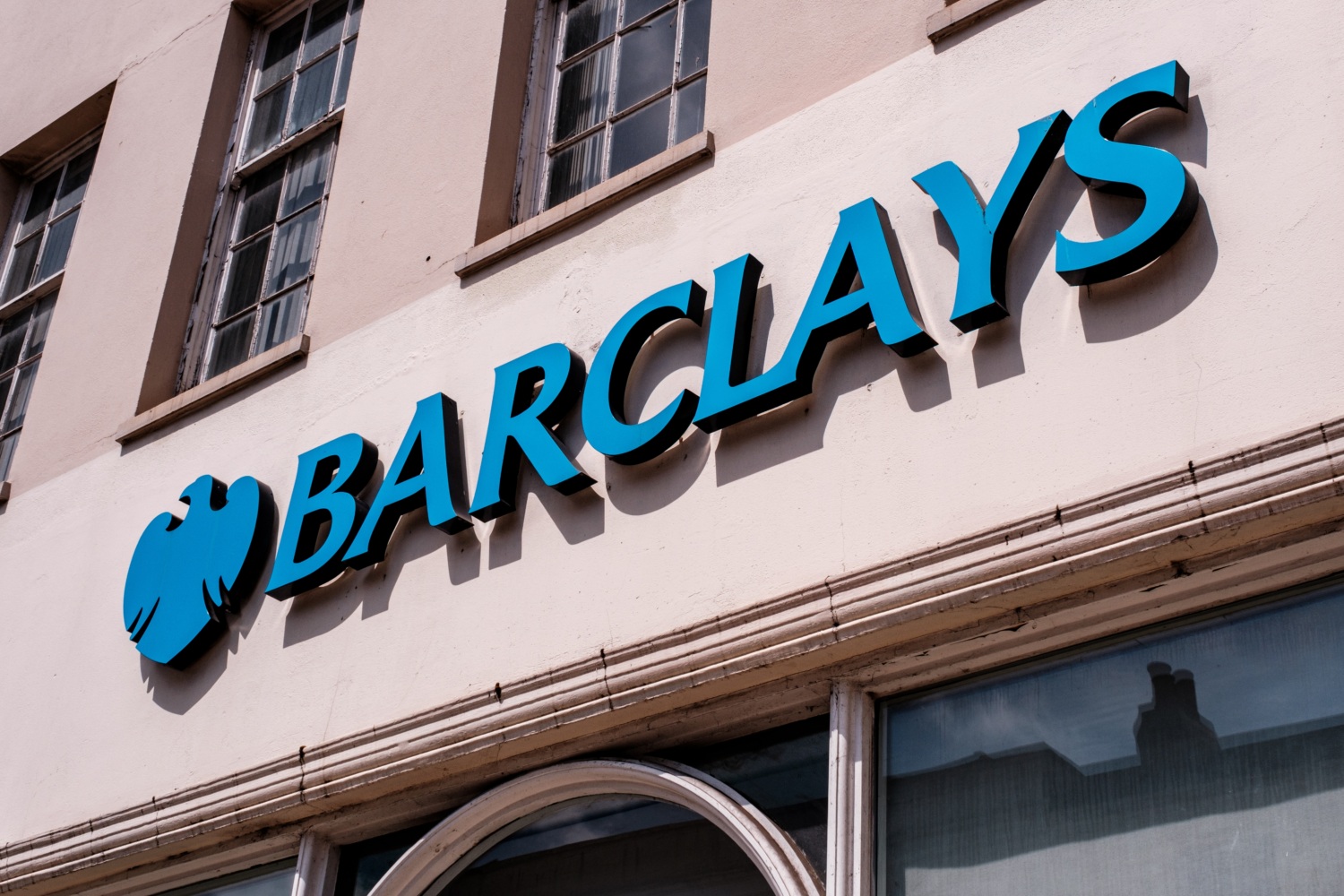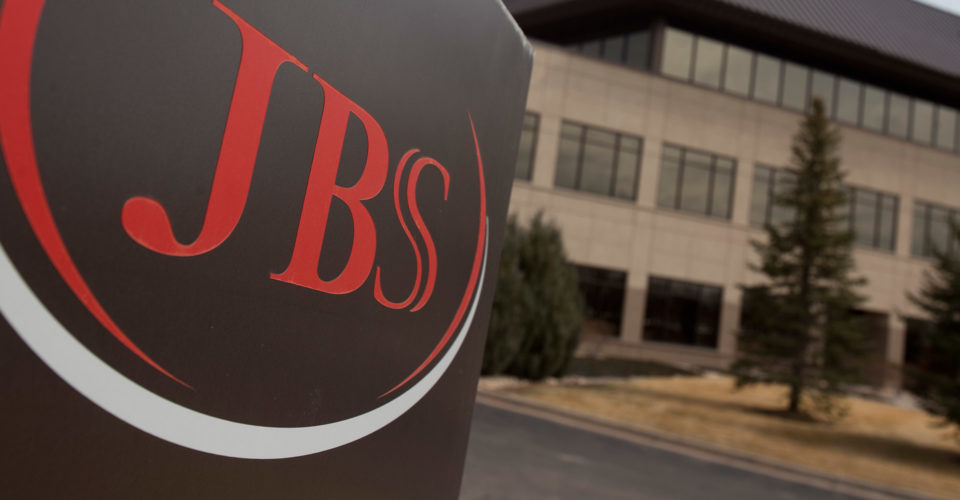
Campaigners take call for Hyundai action on climate and human rights to its US HQ
English Report Korean Report Spanish Report Portuguese Report Vietnamese Report Letter to Hyundai
Los Angeles, CA — A Mighty Earth-led delegation has taken its call for Hyundai to act on climate and human rights abuses to the automaker’s headquarters in LA delivering a letter to CEO José Muñoz, detailing the devastating impact of its steel supply chain on people and planet. The action comes as the environmental organization and its coalition partners release a new report, “Tainted Steel: The Deadly Consequences of Hyundai’s Dirty Steel Supply Chain.” The groundbreaking analysis reveals Hyundai’s continued reliance on destructive practices in sourcing raw materials such as coal and iron ore for steel production for its vehicles in sourcing steel for its vehicles.
The report, based on an examination of over 57,402 shipments from 196 companies, highlights deadly emissions, labor violations, and environmental degradation linked to Hyundai’s steel suppliers.
Key stats and facts of Hyundai’s steel supply chain suppliers:
- Formosa in Vietnam received US$450M worth of Russian coking coal between 2022 and 2024, contributing to record coal-fired emissions in the Southeast Asia country in 2024.
- It’s estimated that air pollution from South Korea’s steel making facilities, two of which are operated by POSCO and one by Hyundai Steel, will result in 19,400 premature deaths between 2022 and 2050, with an economic burden of US$111B.
- Brazilian mining giant, Vale, paid US$56M in fines to the US Securities and Exchange Commission for the Brumadinho dam disaster in which 272 Indigenous people lost their lives. 319 lawsuits were filed against Vale, with many still active.
- In 2024, US Steel paid US$37M in pollution control and reliability upgrades. It was also hit with a US$15M fine for air pollution, one of the largest in Pennsylvania’s history.
- Ternium’s Santa Cruz steel facility in Rio emits over 10M tons of CO2 annually and is responsible for 50% of the city’s total GHG emissions. The company’s iron ore mining operations in Mexico have been linked to multiple forced disappearances of activists.
Why focus on Hyundai and steel?
Steel production accounts for 7% of global emissions, with the auto industry as the third-largest consumer. Automakers’ reliance on coal-based steel is worsening global heating. Despite its glossy image of sustainability through EV promotion, Hyundai has yet to shift away from coal steel, allowing harmful practices in its supply chain to persist. As the world’s third-largest automaker and owner of its own steel company, Hyundai has both the opportunity and responsibility to lead change.
Dirty coal, Human Rights violations, and toxic health impacts:
Research shows that Hyundai Steel continues to source steel manufactured with Russian coal, which likely ends up in cars sold in the U.S. and EU. One of Hyundai’s suppliers, Formosa, also imported over $450 million worth of Russian coal between 2022 and 2024, contributing to record coal use and emissions in Vietnam. These shipments come from mines connected to JSC Stroiservis, a company sanctioned by the U.S. in response to Russia’s invasion of Ukraine.
Matt Groch, Senior Director of Decarbonization at Mighty Earth, attended the rally and said:
“Hyundai hides behind its glossy image, while choosing to ignore the horrors in its steel supply chain which cost lives and livelihoods. With recent shipments of dirty Russian coal to Hyundai Steel in South Korea, it’s clear the automaker doesn’t care where it gets its raw materials from. Its continued reliance on coal is a big issue for Hyundai and it needs to take urgent steps to phase it out, while also taking control of its supply chain to protect the environment and people’s lives.”
Beyond Russia, sources of coal for Hyundai’s supply chain extend to other regions with severe environmental and human rights impacts. Coal mining in Australia, Canada, and Colombia is linked to environmental destruction, such as habitat loss, water pollution and huge quantities of climate destroying methane emissions, as well as serious human rights abuses, including violence against Indigenous communities and exploitation.
The company’s iron ore supply chain also raises significant concerns. Iron ore supplied to Hyundai’s steel supply chain is linked to Vale’s catastrophic Brumadinho disaster in Brazil in which 272 people lost their lives on January 25th, 2019, when a tailings dam burst and engulfed the local community. Violence against community leaders in Mexico, where activists opposing mines operated by Ternium have been forcibly disappeared.
Danilo Chammas, President Director of the Instituto Cordilheira, an environmental and human rights organization founded in Minas Gerais, Brazil, said:
“As Brumadinho honors the 272 lives brutally lost six years after the tragedy of the dam collapse, we express our disappointment that Hyundai is yet another corporation profiting from the damage and rights violations caused by the iron ore mining industry in Brazil. We expect this company to assume its responsibility, review its practices immediately and explain the measures taken to the public.”
Eduardo Mosqueda, Founder and Executive Director of Tsikini and an attorney who has represented activists forcibly disappeared after speaking out against Ternium in Mexico, stated:
“Hyundai’s systematic supply chain failure has serious impacts on human rights, environmental devastation and climate change. By purchasing without standards and commitment to a better future, Hyundai is underwriting these damages, but there is still time to change it.”
“There is violence against defenders and serious conflicts in the mines where Hyundai’s steel comes from. Enhanced due diligence is not only a legal and corporate responsibility, but a vital commitment to the future of humanity.”
In addition to coal and iron ore, the report exposes how Hyundai Motors continues to depend primarily on coal-based steel production to manufacture its vehicles, which is causing devastating impacts to the climate and local communities. Steelmaking facilities supplying Hyundai in South Korea (POSCO and Hyundai Steel), Brazil (Ternium), Vietnam (Formosa), and the U.S. (U.S. Steel) are causing lethal health impacts and widespread environmental pollution.
Nancy Bui, Founder and Vice President of External Affairs for Justice For Formosa’s Victims (JFFV), which advocates for those affected by environmental disasters caused by Formosa Ha Tinh Steel in Vietnam’s central provinces, said:
“Hyundai Motor Company’s Human Rights Policy promises to prevent human rights violations and apply the strictest standards. Yet, for nine years, tens of thousands of Vietnamese fishermen have suffered without compensation, living in polluted air, water, and land due to Formosa Ha Tinh Steel—one of Hyundai’s key suppliers. Over 20 advocates fighting for justice have been arrested and imprisoned. To uphold its principles and earn global consumer trust, Hyundai must stop sourcing from Formosa until it ends its environmental and human rights abuses in Vietnam.”
The report also reveals how Hyundai’s inadequate supply chain due diligence and failure to shift away from coal-based steel maintains the status quo documented in the report, allowing mining and steelmaking companies to justify the expansion and continuation of coal-based operations, whilst creating an enabling environment where abuses can persist unchecked throughout the company’s supply chain.
Haebin Gahng, a researcher at Solutions for Our Climate (SFOC), a South Korea-based organization focused on advocating for climate action and energy transition policies, said:
“South Korea’s heavily coal-based Korean steel industry continues to extend the life of its blast furnaces, impacting local communities and contributing to the worsening climate crisis globally. Having the automotive industry demand green steel can strongly motivate steelmakers to transition away from coal-based production to cleaner alternatives – and Hyundai Motors has a critical role to play in galvanizing this change. Due to the automaker’s unique corporate structure and ties with POSCO and Hyundai Steel, the impact of Hyundai’s efforts to establish a clean supply chain will extend far beyond the company itself.”
What Mighty Earth and partners are calling for:
- Accelerate Transition to Electric Vehicles (EVs) – Hyundai must expedite the phase-out of fossil-fuel vehicles and fully embrace a future of 100% electric vehicles.
- Decarbonize Steel Supply Chains – Hyundai should establish science-based targets to decarbonize its supply chains, including annual purchasing goals for low-carbon and zero-carbon materials, backed up with binding purchase agreements.
- Commit to phasing out coal – Hyundai must unequivocally commit to halting new coal investments, and phasing out coal usage in its supply chains
- Enhance Human Rights Due Diligence – Hyundai must implement proactive measures to identify, prevent, and remediate human rights violations, particularly those tied to transition mineral sourcing and Indigenous People’s rights.
- Uphold Workers’ Rights and Community Benefits – Hyundai should adopt Community Benefit Agreements with host communities, and institute independent, third-party monitoring of labor conditions within its supply chains.
Notes to the Editor:
Hyundai Right to Reply
In its response to Mighty Earth, Hyundai failed to provide evidence of due diligence on the specific facilities or suppliers mentioned, merely stating that “it is difficult to provide specific answers due to security issues” without offering further explanation. The company did not present any evidence disproving its sourcing from these controversial facilities and suppliers.


